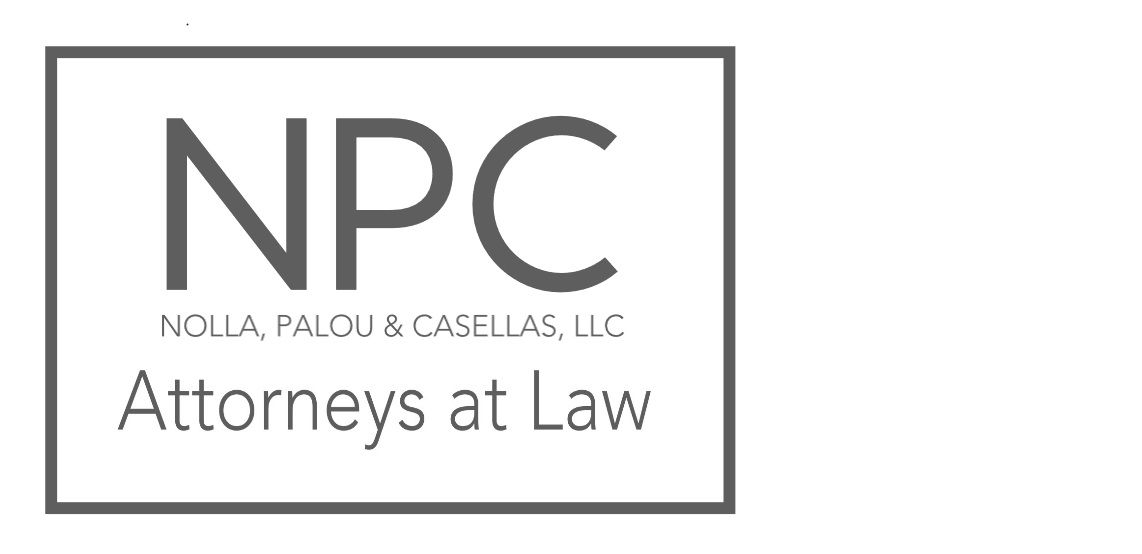 On July 1, 2023, the minimum wage of all non-exempt employees in Puerto Rico, as defined by Puerto Rico Act No. 47-2021 and who are covered by the Fair Labor Standards Act, will increase from $8.50 per hour to $9.50 per hour.
On July 1, 2023, the minimum wage of all non-exempt employees in Puerto Rico, as defined by Puerto Rico Act No. 47-2021 and who are covered by the Fair Labor Standards Act, will increase from $8.50 per hour to $9.50 per hour.
Background of the Puerto Rico Minimum Wage
On September 21, 2021, the Puerto Rico Minimum Wage Act, Act No. 47-2021, became law, effective January 1, 2022, the minimum hourly wage in Puerto Rico increased to $8.50.
This act established as a matter of public policy the periodic adjustment of the minimum wage to bring it in line with the cost of living and ensure that individuals earn enough to satisfy their basic needs. The new law also establishes the public policy of Puerto Rico that no full-time worker should live below the poverty line and that all workers should earn enough to support their basic expenses.
Beginning in 2022, the new law superseded the lower $7.25 federal minimum wage and established the “Minimum Wage Evaluation Commission” to periodically review the minimum wage and potentially increase it every two years.
It established an initial minimum wage increase from $7.25 to $8.50 per hour and set additional minimum wage increases on July 1, 2023, and 2024.
Puerto Rico’s Minimum Wage
For all non-exempt employees, including those covered by the Fair Labor Standards Act, Puerto Rico’s minimum wage increased to $8.50 per hour on January 1, 2022, and will increase again to $9.50 per hour on July 1, 2023. On July 1, 2024, the minimum wage is scheduled to increase to $10.50 per hour, unless the new Minimum Wage Review Board determines otherwise.
Agricultural laborers, all government and municipal employees, employees of the judicial and legislative branches, and “administrators,” “professionals,” and “executives,” as defined by Regulation 13 of the Puerto Rico Minimum Wage Board, are excluded from coverage.
Minimum Wage Evaluation Commission
As did prior local legislation, the law establishes the Puerto Rico Minimum Wage Evaluation Commission, within the Puerto Rico Department of Labor. Under the direction of the Puerto Rico Secretary of Labor, the Commission will consist of six additional members: two representatives of the employee sector, two representatives of the employer sector, one economist, and one labor relations expert.
In May 2022, the governor appointed Commission members, for the employee and employer representatives’ and the economist and labor relations expert slots, who are pending confirmation by the Senate. After their appointment by the governor, all members must receive Senate approval. Consequently, the Commission has not yet commenced operations, and it is uncertain when it will be established. The employee and employer representatives will serve fixed three-year terms for a maximum of three terms, while the economist and labor relations expert will serve fixed five-year terms for a maximum of three terms.
The Minimum Wage Evaluation Commission is responsible for approving Special Decrees for agricultural laborers and employees who receive tips. It has the authority to sanction Special Mandatory Decrees for “administrators”, “professionals”, and “executives”. The adoption of a special decree for agricultural employees was scheduled for July 1, 2022. The Commission is required to issue annual employment reports for each industry.
Claims and Penalties
The law imposes fines of up to $5,000 per offense for first-time offenders and up to $10,000 for repeat offenders, in addition to an automatic doubling of damages for unpaid wages. In addition, the statute of limitations for bringing a claim was increased from one to five years from the date of termination or the submission of a judicial or extrajudicial claim, and the claim period was increased from three to five years.






